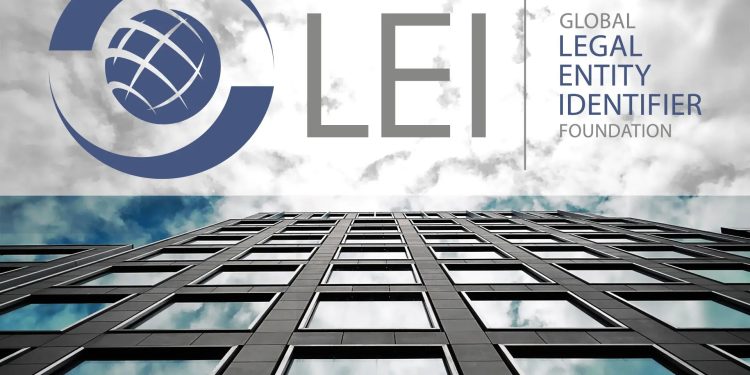Have you ever wondered how businesses ensure the authenticity of their financial transactions globally? The Legal Entity Identifier (LEI) is critical in this process. It is essential to the integrity and openness of the international financial system. But how can we ensure LEI Validity?
For enterprises, applying for LEI Register is essential. The LEI code facilitates international entity identification, increasing transparency and lowering the possibility of fraud. Understanding the importance of its validity can help companies to stay compliant and trustworthy in the eyes of regulators and stakeholders. Let’s dive deeper into the essentials of legal identifier validity and why it matters for your business.
How to Ensure LEI Validity
Maintaining validity is crucial for compliance and operational efficiency. Here’s a comprehensive guide on how to ensure its validity:
- Regular Renewal
LEIs require annual renewal to maintain their validity. This process involves re-verifying the information associated with the legal identifier to ensure accuracy. Entities should:
- Set Reminders: Establish a system to remind the relevant personnel about the upcoming renewal date. Automated reminders can be set up in financial or compliance management systems to alert stakeholders well before the expiration date.
- Allocate Responsibilities: Assign the renewal task to specific team members to ensure accountability. This ensures that someone is always responsible for monitoring and managing the renewal process.
- Updating Information
Keeping the information associated with an LEI up-to-date is vital for its validity. Entities must update their records promptly whenever there are changes in:
- Legal Name: Any changes in the entity’s legal name must be updated to accurately reflect the current status.
- Address: Changes in the registered address or principal place of business should be promptly recorded.
- Ownership Structure: Any modifications in the ownership structure, such as mergers and acquisitions, or changes in key stakeholders, should be updated to maintain accurate records.
- Monitoring Expiry Dates
To avoid lapses in legal identifier validity, it is crucial to monitor expiry dates closely. Entities should:
- Track Expiration: Keep a detailed record of the issuance and expiration dates. This tracking helps in planning for renewals well in advance.
- Advance Renewals: Initiate renewal at least a few months before the identifier’s expiration date. This proactive approach ensures ample time to address any issues or discrepancies that may arise during the renewal process.
- Engaging with Reliable Service Providers
Entities should engage with reliable Local Operating Units (LOUs) for LEI issuance and renewal. Reliable LOUs provide:
- Efficient Services: Ensure that the chosen LOU offers prompt and efficient services for initial issuance and subsequent renewals.
- Support and Guidance: Select an LOU that provides comprehensive support and guidance throughout the lifecycle, including updates and renewals.
- Conducting Regular Reviews
Regular internal reviews of LEI information help maintain its accuracy. These reviews should:
- Verify Information: Periodically verify the information associated to ensure it remains current and accurate.
- Internal Audits: Conduct internal audits to review the compliance status and the accuracy of the entity’s data.
- Maintaining Accurate Records
Accurate record-keeping is essential for LEI validity. Entities should:
- Documentation: Keep detailed records of every modification and renewal to the legal identification data.
- Historical Data: Keep records of renewals and any changes to ensure a complete audit trail.
Understanding and maintaining LEI validity is essential for any business involved in the financial market. The LEI Register ensures compliance with regulations and enhances your entity’s credibility and trustworthiness. Regularly renewing and updating your information can facilitate smoother financial transactions and improve your overall risk management. Monitor your identifier’s expiry date and initiate the renewal process on time to avoid disruptions.

















